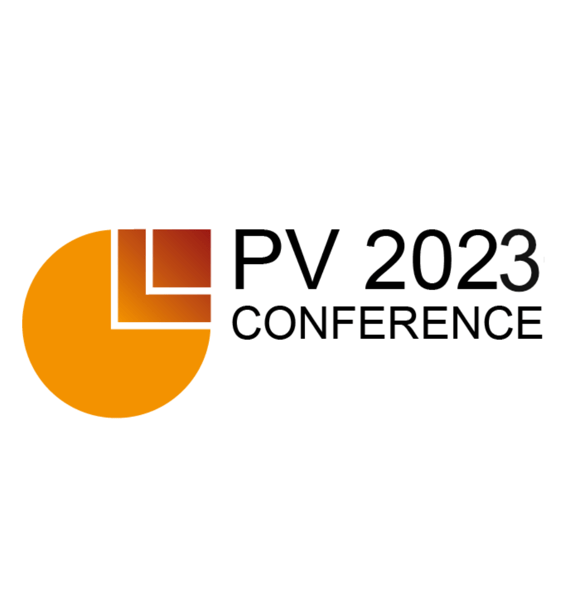PV 2023 Conference
Home | Events | Researchers | PV 2023 Conference

Geneva, Switzerland, 2 – 4 May 2023.
The PV Conference welcomes you to its 10th edition, to be held at the European Organization for Nuclear Research (CERN) in Geneva (Switzerland). PV 2023 will continue to address prospects in the domain of data preservation, stewardship and value-adding to scientific data and research related information.
Exponential growth is being experienced in terms of produced and archived data from a range of areas: space, ground-based equipment, and scientific research activities. An end-to-end management approach for long term data preservation is key to ensuring that there is no loss of information and data, that data are independently understandable and meet standards-based data formats and metadata content, and that data are usable by humans and machines. Robust data management also entails discovery and open access to the archived data, as well as the curation processes aimed at improving the information content and the usability of the archived data throughout its lifecycle.
For this conference anniversary year, a special invite is extended to large-scale scientific archives, for discussion of emergent issues across scientific domains. As we move to a new and exciting technology age, we are seeing large-scale collaborations occurring on state-of-the-art virtual research environments and novel collaborative infrastructures. The coupling of archives with high-performance exploitation platforms gives enormous possibilities for mass data analytics and interdisciplinary investigations.
Participation is invited from projects, organizations or individuals developing novel data services within or as a result of these environments. This includes smaller bespoke archives wishing to integrate with larger data holdings to generate targeted knowledge and data services. With respect to previous conferences in this series, and whilst maintaining the overall thematic focus, additional goals for PV 2023 include:
- Attracting more scientific communities
- Broadening information exchange, sharing of experiences, tools and even services
- Keeping in step with (or ahead of) funding agencies / policy makers in their push for long term data preservation and Open Data
The conference aims to address three thematic areas:
- Theme 1: Ensuring long-term data and knowledge preservation (the “P” in PV)
- Theme 2: Adding value to data and facilitation of data use (the “V” in PV)
- Theme 3: Challenges of incorporating complex policy, technology, standards and principles in Open Data Environments